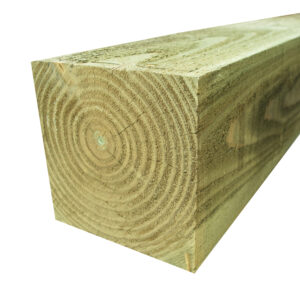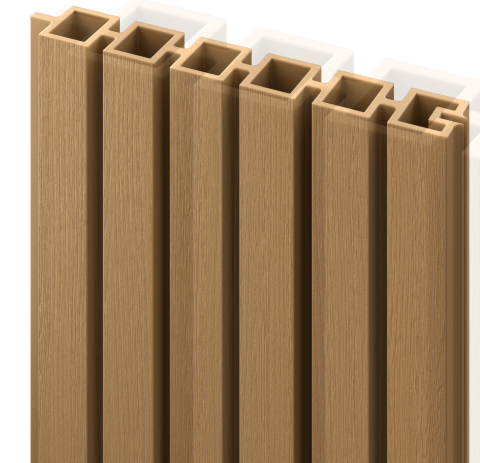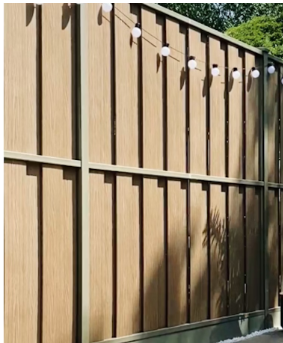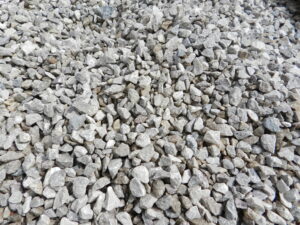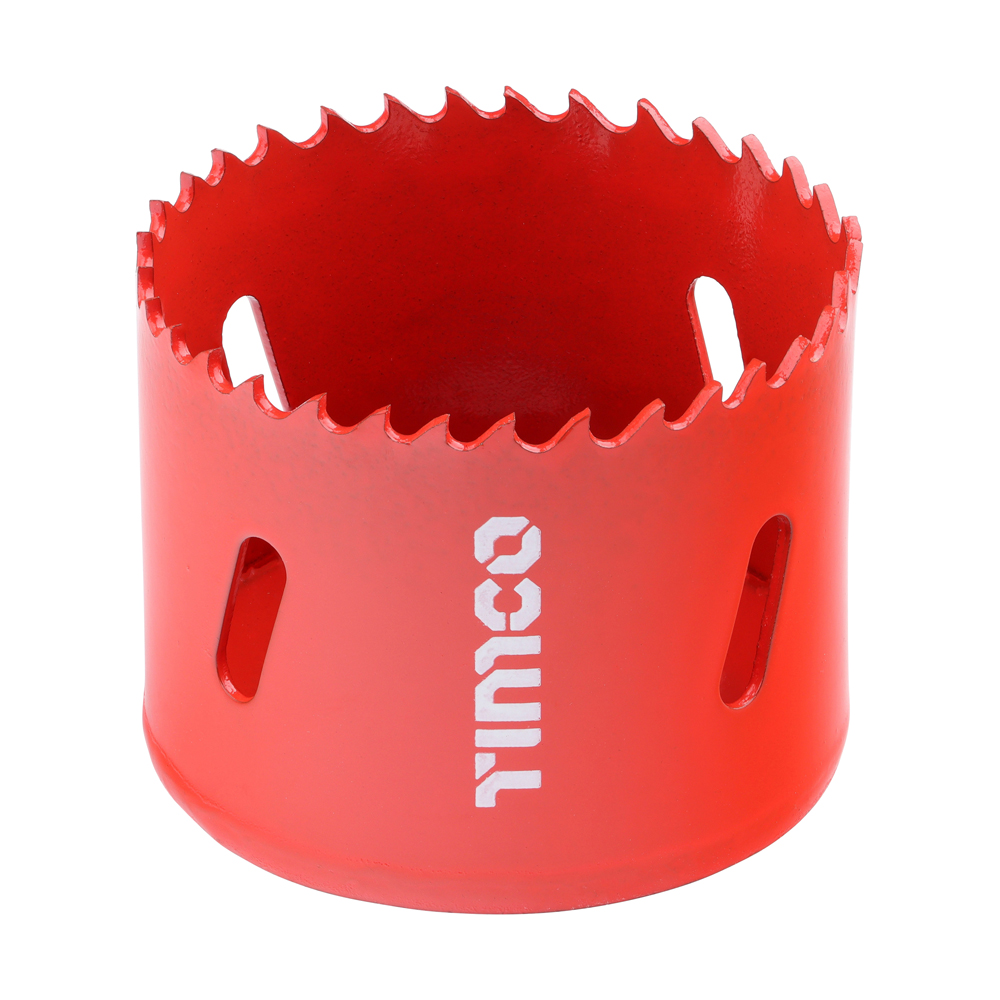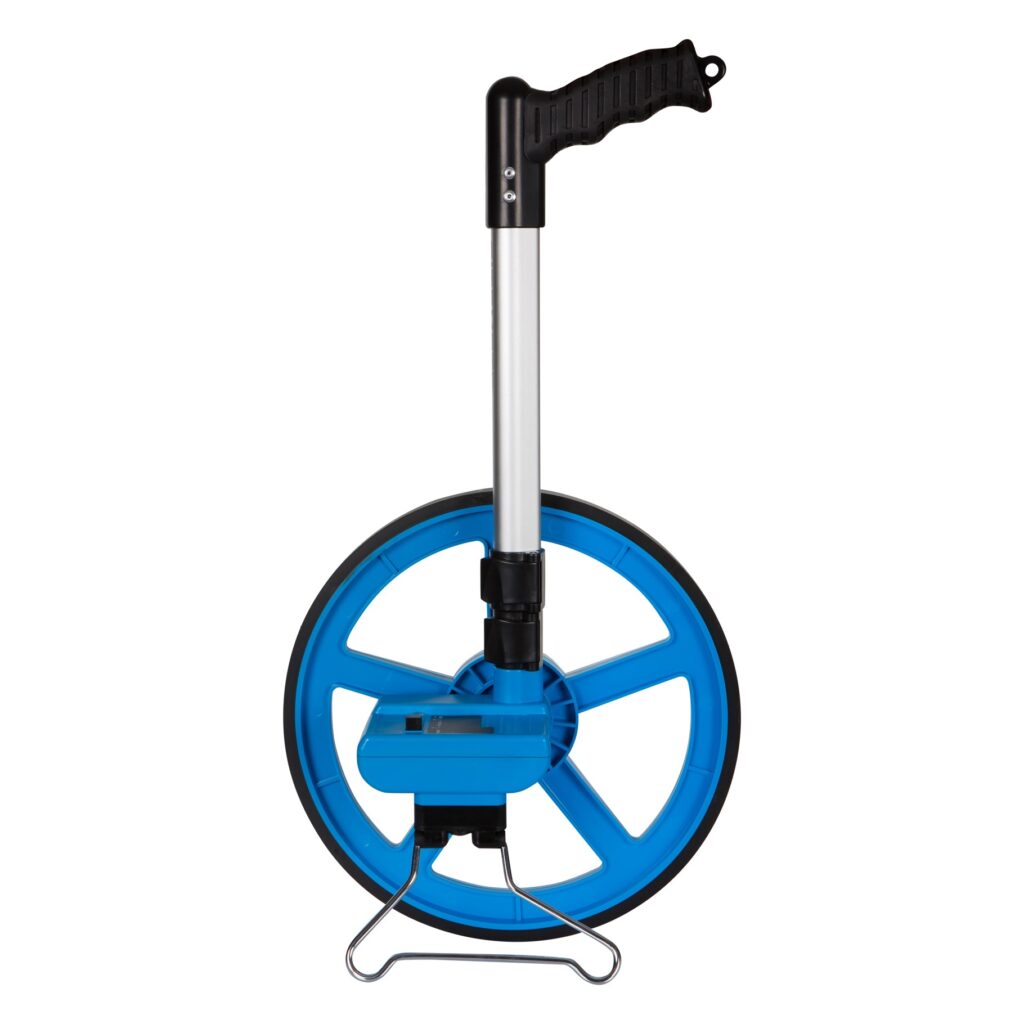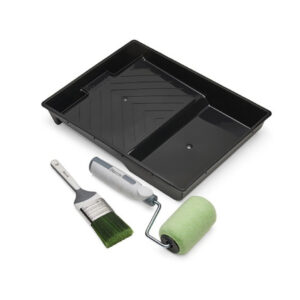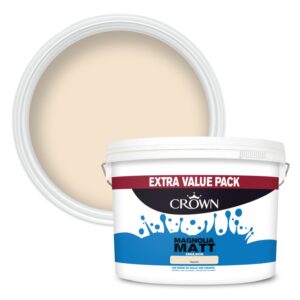In a world filled with constant stressors, it's more important than ever to take a step back and prioritise our mental well-being. As Mental Health Day approaches on the 10th of October, it's an opportune time to explore the benefits of do-it-yourself (DIY) projects and how they can positively impact our mental health.
Working with your hands
In her research into the “effort-driven rewards circuit,” psychologist and neuroscientist Kelly Lambert found that activities that involve the use of our hands, especially those that produce tangible results, “play a key role in both preventing the onset of and building resilience against depression and other emotional disorders.”
Disconnecting From Devices
In a constantly plugged-in world, finding ways to disconnect is more important than ever. When our heads are buried in social media, we are not fully present, and this can have negative effects on our mental health. In fact, Harvard psychologists found a direct correlation between happiness and staying engaged in the present moment. Taking on a DIY project offers the perfect opportunity to unplug as you focus on the physical and mental demands of working with your hands.
A Sense of Achievement
One of the most satisfying aspects of DIY projects is the sense of achievement they bring. When you invest your time and effort into a DIY project, witnessing the end result can be incredibly gratifying. The harder you work, the more rewarding the outcome, and this satisfaction extends long after the project is completed. Living in an environment you've actively shaped can boost your self-esteem and happiness. Doing activities that you enjoy, give you a sense of achievement and bring you closer to others (if you can get friends or family involved) is one of the best things you can do to fight depression.
Self-Reliance
As your DIY ability and home improvement knowledge grow, so does your self-reliance. The result? Greater confidence, not to mention less worry when something breaks or malfunctions. This newfound self-confidence can lead to reduced anxiety when faced with household issues, knowing that you have the capability to tackle them independently.
A Way to Connect
DIY projects can also serve as bonding opportunities with family, friends, or roommates. Collaborating on a project with others fosters teamwork, encourages the sharing of strengths, and facilitates decision-making together. Furthermore, the sense of accomplishment is magnified when shared, deepening your connection with those involved. Engaging in DIY can also introduce you to online communities where you can make friends, exchange ideas, and offer support.
A Refreshing Distraction
We often find ourselves overwhelmed with thoughts and worries in today's fast-paced world. Engaging in DIY projects provides a welcome and mindful distraction. It allows you to shift your focus, put on some music, and immerse yourself in manual labour, providing a break from overthinking and offering a sense of accomplishment.
Developing Resilience
DIY projects are rarely without their challenges. Unexpected roadblocks can arise, requiring you to become a resilient problem solver who can adapt and change course when necessary. This ability to pivot and get creative in the face of difficulties can extend to other areas where flexibility and perseverance are equally important.
Engaging Physically
Engaging in physical activities through DIY projects can be a refreshing change for those accustomed to desk-bound jobs. Many DIY tasks involve movements such as digging, squatting, reaching, and lifting, contributing to improved physical strength and coordination. These physical activities also play a role in warding off depression and anxiety, promoting both mental and physical well-being.

